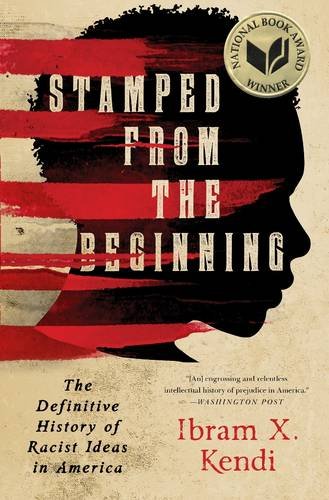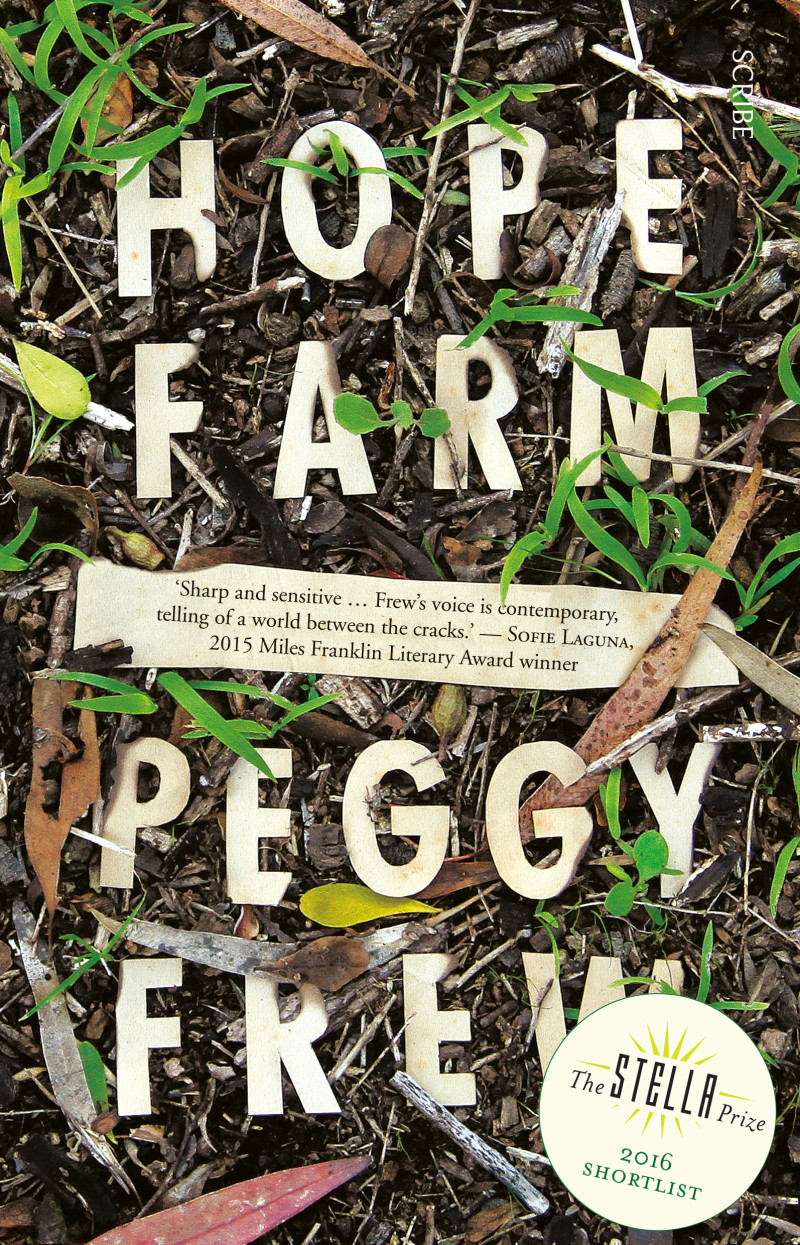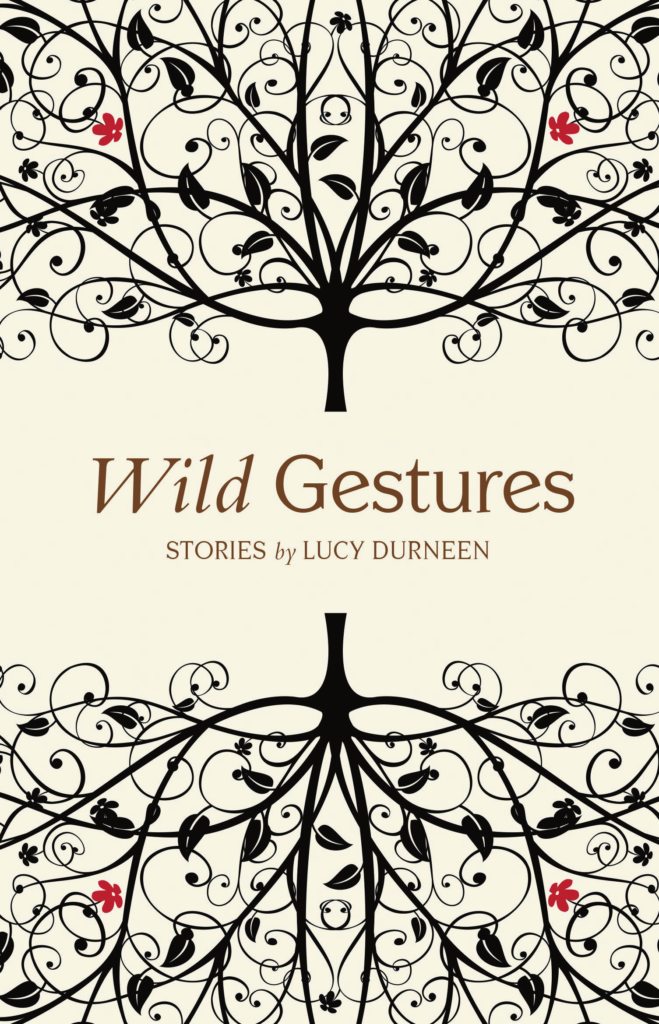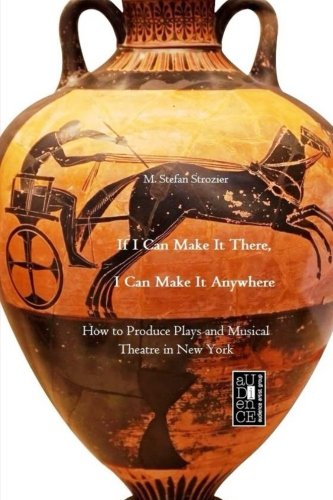 Kendi wisely narrowed the scope of his book by telling the stories of five exceptional American leaders who greatly influenced the progression, side by side, of racist ideas through segregationists, assimilationists, and antiracists throughout America’s entire history. These Americans are the minister Cotton Mather, Pres. Thomas Jefferson, politician William Lloyd Garrison, writer W.E.B. Du Bois, and antiracist activist Angela Davis.
Kendi wisely narrowed the scope of his book by telling the stories of five exceptional American leaders who greatly influenced the progression, side by side, of racist ideas through segregationists, assimilationists, and antiracists throughout America’s entire history. These Americans are the minister Cotton Mather, Pres. Thomas Jefferson, politician William Lloyd Garrison, writer W.E.B. Du Bois, and antiracist activist Angela Davis.
A review of Out from Calaboose by Karen Corinne Herceg
 Out from Calaboose is an ambitious work, rich with mythology, politics, ecology, and psychology. The book moves through darkness and light, trauma, loss, desire, pain, but also, and always, leaning towards freedom from these things. One gets the sense that this freedom lies almost entirely in the power of words – the poems themselves are the keys.
Out from Calaboose is an ambitious work, rich with mythology, politics, ecology, and psychology. The book moves through darkness and light, trauma, loss, desire, pain, but also, and always, leaning towards freedom from these things. One gets the sense that this freedom lies almost entirely in the power of words – the poems themselves are the keys.
Inheritance and Reclamation: A review of Miriam’s Book: A Poem by Harold Schweizer
 It is rare when we can call a poetry book a “page turner” in the sense of a drama or mystery, but in his remarkable new work, Miriam’s Book: A Poem, Harold Schweizer accomplishes just that. The connective tissue of each chapter, organized as in a novel, propels us forward with anticipation and curiosity.
It is rare when we can call a poetry book a “page turner” in the sense of a drama or mystery, but in his remarkable new work, Miriam’s Book: A Poem, Harold Schweizer accomplishes just that. The connective tissue of each chapter, organized as in a novel, propels us forward with anticipation and curiosity.
A review of Hope Farm by Peggy Frew
 Hope Farm is an exquisite and powerful book that explores the gaps between desire, societal norms, and love, loss, and memory. Both Silver and Ishtar’s story is deeply affecting, and as full of beauty as it is of verisimilitude.
Hope Farm is an exquisite and powerful book that explores the gaps between desire, societal norms, and love, loss, and memory. Both Silver and Ishtar’s story is deeply affecting, and as full of beauty as it is of verisimilitude.
A review of Wild Gestures by Lucy Durneen
 The language is silky and seductive and as a reader I was drawn in, drifting about like a leaf in a stream taking in sights, sounds and feelings. Lucy Durneen leaves the door open to her mind and as the pages pass I’m looking out of her eyes focusing and feeling the world as she describes and experiences it.
The language is silky and seductive and as a reader I was drawn in, drifting about like a leaf in a stream taking in sights, sounds and feelings. Lucy Durneen leaves the door open to her mind and as the pages pass I’m looking out of her eyes focusing and feeling the world as she describes and experiences it.
A review of Magnesium by Ray Buckley
 I am a firm believer in craft and study. We can all benefit from workshops, retreats, formal and informal study, as well as constructive criticism from our peers. Magnesium is not a bad book, it’s Ray Buckley’s book. Perhaps, Buckley would have given this reader a different experience had he focused on developing each poem and letting the reader in.
I am a firm believer in craft and study. We can all benefit from workshops, retreats, formal and informal study, as well as constructive criticism from our peers. Magnesium is not a bad book, it’s Ray Buckley’s book. Perhaps, Buckley would have given this reader a different experience had he focused on developing each poem and letting the reader in.
A review of GO: A Memoir about Binge-drinking, Self-hatred, and Finding Happiness by Jessica Bell
 Bell’s first (and possibly not last) memoir is a well-written, fast paced, and engaging read that chronicles Bell’s extensive struggles with depression, with being the child of two semi-famous gothic musicians, years of coping with her mother’s drug addiction, and the ongoing battle to maintain self-esteem against an inverse of Snow White’s evil queen’s mirror on the wall – the “reflection” of the title.
Bell’s first (and possibly not last) memoir is a well-written, fast paced, and engaging read that chronicles Bell’s extensive struggles with depression, with being the child of two semi-famous gothic musicians, years of coping with her mother’s drug addiction, and the ongoing battle to maintain self-esteem against an inverse of Snow White’s evil queen’s mirror on the wall – the “reflection” of the title.
A review of Goodwood by Holly Throsby
 Goodwood doesn’t pursue the path of a traditional mystery novel and those looking for a heart–racing style whodunnit built around the two disappearances might be disappointed. The shock of those events is a catalyst here for deeper explorations of what lurks below the surface and how we create meaning in our lives in this tender, rich, and deeply enjoyable book.
Goodwood doesn’t pursue the path of a traditional mystery novel and those looking for a heart–racing style whodunnit built around the two disappearances might be disappointed. The shock of those events is a catalyst here for deeper explorations of what lurks below the surface and how we create meaning in our lives in this tender, rich, and deeply enjoyable book.
A review of Walking Through Walls by Karen Cioffi
 Walking Through Walls is just right for around 8-12 year olds (or to read to younger children), providing an engaging, engrossing story with a strong plot, lots of atmosphere, and a positive message that is perfect for young readers, without being preachy. The story is set in the sixteenth century, and is based on an ancient Chinese story “Taoist Master and the Lao Mountain,” also an animated film Lao Mountain Taoist. Cioffi fills the story with details to evoke the setting and timeframe, from the mountains in the distance, lemon lilies, yellow cakes with red berries and tea, and the scents and sounds of rural life.
Walking Through Walls is just right for around 8-12 year olds (or to read to younger children), providing an engaging, engrossing story with a strong plot, lots of atmosphere, and a positive message that is perfect for young readers, without being preachy. The story is set in the sixteenth century, and is based on an ancient Chinese story “Taoist Master and the Lao Mountain,” also an animated film Lao Mountain Taoist. Cioffi fills the story with details to evoke the setting and timeframe, from the mountains in the distance, lemon lilies, yellow cakes with red berries and tea, and the scents and sounds of rural life.
A review of If I Can Make It There, I Can Make It Anywhere by M. Stefan Strozier
 Have you ever wondered how to go about producing a play or musical theatre? In New York? Though I’m sure it’s difficult, Strozier makes the process of producing plays and musical theatre in the Big Apple seem relatively easy – breaking it down into its key components and providing a very clear and quite thorough set of instructions for each component.
Have you ever wondered how to go about producing a play or musical theatre? In New York? Though I’m sure it’s difficult, Strozier makes the process of producing plays and musical theatre in the Big Apple seem relatively easy – breaking it down into its key components and providing a very clear and quite thorough set of instructions for each component.